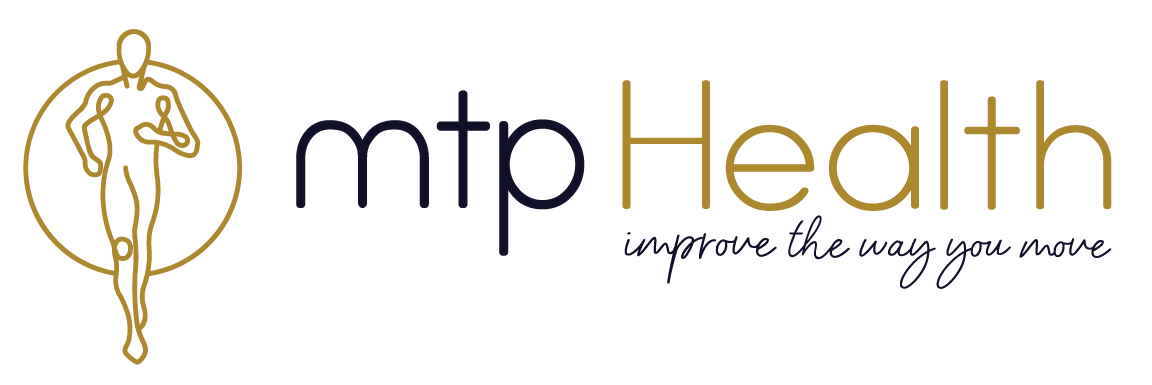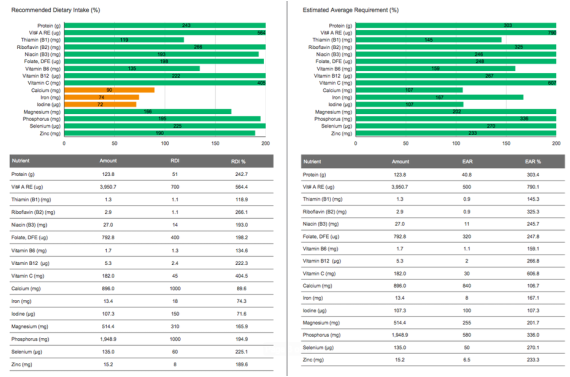By Rebecca Chin, Accredited Practising Dietitian and Nutritionist
As I Dietitian, I naturally get asked/told all things diet related. Things along the lines of should I avoid gluten? Is sugar really bad? Have you heard about [insert latest diet fad]? In addition to this people are always interested in what Dietitians actually eat themselves. Do we practice what we preach? Well, having worked with many dietitians, we’re all a bit different and many of us may have a funny little fixation with something diet-related (mine is added sodium/salt!) but generally speaking, we all love our cake… AND EAT IT TOO! Oh my gosh, wait, what?!… yep, we’re actually human too, who would’ve thought!
In saying this, it really does all come down to BALANCE and I cannot stress this key point enough. Yes, we might have our cake and eat it too but we don’t eat it everyday. Most days we generally are pretty conscious of feeding our bodies with a VARIETY of nutritious, WHOLEFOODS because we know the importance a nutritionally adequate diet plays in general health and wellbeing.
In my mind on a day-to-day basis, it’s become a cause of habit to be aware of general healthy eating principles. This always comes back to being mindful of PORTION SIZES and our CORE FOOD GROUPS. The reason we have our core food groups as a guideline is so that we can attempt to consume a diet as nutritionally adequate as possible. For example, I find myself thinking: have I had my 2 serves of fruit today? What about 5 serves of vegetables? Adequate water intake? The list goes on. This is my mind most days when it comes to food.
So what if I do have a treat? Well for starters you only live once! But on a more serious note, deprivation is something that can lead to disordered eating which is then associated with eating disorders as well as other health concerns. So I’m all about advocating for BALANCE (there’s that key word again). When I have a treat it would often likely replace something like a fruit and/or dairy serve for the day but heck, lets not beat ourselves up about it because big picture, as long as its not a regular habit, your diet is usually good quality and you’re exercising regularly then I’m not overly concerned. And I like cake.
Below I’ve put together a typical days intake for me (including tips!) as well as a comprehensive nutrient analysis. Keep in mind this is only a snap shot of one day and while some micronutrients fall short, I likely make up for these on other days by eating a wide variety of foods.
If you would like a comprehensive nutrition analysis done on your current intake similar to what is displayed below, as well as your nutrition requirements worked out for you, please book in to see me at www.movetrainperform.com.au. We will look intensively at your current intake, where and how it could be improved, and you’ll be provided with a PDF file of your analysis for your records.
Breakfast
-
40g rolled oats cooked with hot water; served with 1tsp honey and splash almond milk AND
- Protein shake: 30g whey-based protein powder, 250ml cold water, 60g (approx. 4) frozen strawberries
TIP: Typical Western diets lack protein at breakfast. Optimise muscle protein synthesis by ensuring you have at least 25-30g protein at each main meal.
Morning Tea
-
Large long black coffee
-
Banana
TIP: I love my daily coffee but switched to long black to avoid the excess calories. If you’re drinking more than 1 milky coffee/day (e.g. flat white) consider the excess calories you’re consuming here from milk.
Lunch
-
95g tinned tuna in oil (usually chilli flavor)
-
1 cup cooked brown rice OR 1 x wholemeal bread roll
-
1 cup steamed broccoli
-
1 x large apple
- 20g Caramello Koala
TIP: If you’re time poor this is such an easy, quick and nutritious meal! I prepare my whole weeks worth of cooked brown rice on a Sunday ready for lunch’s then can easily throw the rest in on the day. Preparation is key though!
Afternoon Tea
TIP: Alternative could be just a small handful of raw unsalted nuts. I find having a muesli bar easy to grab and eat quickly. Try to go for more natural bars with a low sugar content and higher protein content which will help keep you fuller for longer (e.g. Carmens Gourmet Protein bars).
Dinner
-
120-150g lean chicken/beef/mince
-
200g sweet potato OR 1 cup wholemeal pasta OR 1 cup brown rice
-
1.5 cups non-starch vegetables e.g. broccoli, carrot, cauliflower
TIP: Don’t forget a carbohydrate source with dinner! Especially if you’re training in the evenings. Many people are afraid of eating carbohydrates at night or are just use to eating meat and vegetables alone. Choose wholemeal/grain options over refined ones.
Dessert
TIP: My sweet treat after dinner and a much more nutritious alternative to things like ice cream.
Water intake: At least 1 x 1.5L bottle/day + multiple cups of peppermint tea/black tea throughout the day.


